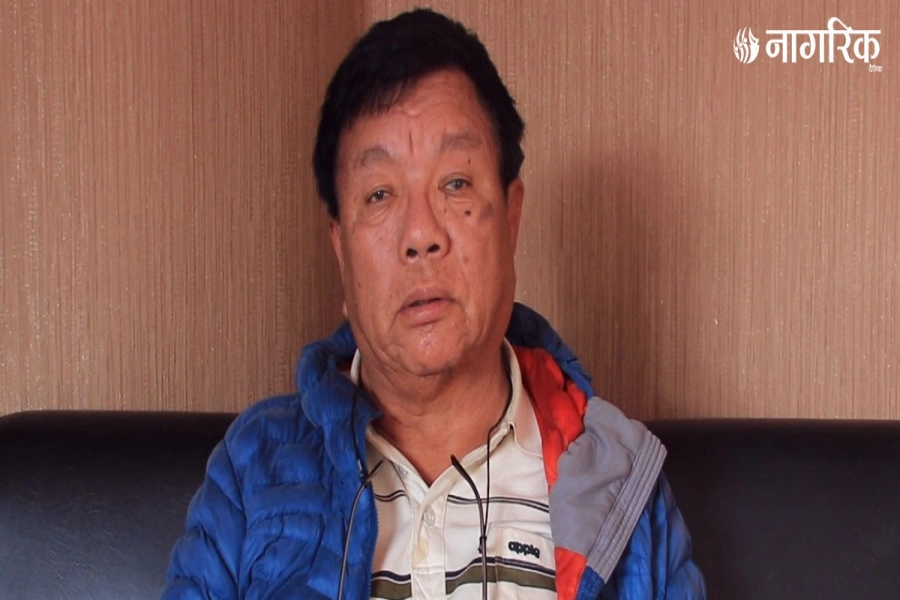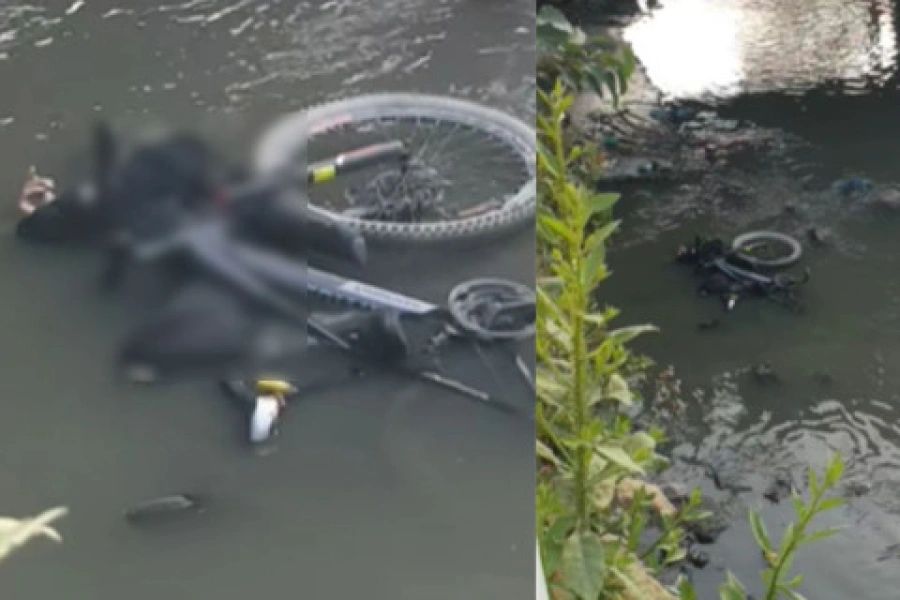KATHMANDU, June 20: Cases of dengue infection have been rising rapidly in the Kathmandu Valley and several other districts in Nepal. Since the start of 2024, 1,175 dengue cases have been confirmed, with infections reported in 72 districts. However, Mugu, Dolpa, Humla, Jumla, and Mustang districts remain unaffected.
Data from the Epidemiology and Disease Control Division (EDCD) reveals that Bagmati Province has the highest infection rate with 403 reported cases, followed by Koshi with 277, Gandaki with 187, Lumbini with 139, Sudurpaschim with 118, Madhesh with 34, and Kanali with 17. Kathmandu district has reported the most cases with 122, followed by Jhapa (111), Chitwan (74), Makwanpur (58), and Tanahun (46).
Experts note that dengue is spreading faster this year compared to last year, with peak transmission months yet to come. Last year, dengue affected all 77 districts, infecting over 52,000 people and causing 20 deaths.
Dengue infection spreads over 71 districts

Previously rare in the Kathmandu Valley, mosquito-borne diseases like dengue are now prevalent even in the hill and mountain districts. Factors contributing to this spread include rising temperatures, population density, unplanned urbanization, climate change, prolonged droughts, and mosquitoes' increasing ability to survive at lower temperatures.
Dengue is caused by the Aedes aegypti and Aedes albopictus mosquitoes, which thrive in temperatures between 15 and 35 degrees Celsius. Mosquitoes have an average lifespan of 30 to 40 days, but their eggs can survive for years in suitable conditions.
Public health experts emphasize the importance of a 'search and destroy' campaign to control dengue. Citizens are encouraged to take responsibility for eliminating mosquito breeding sites. Mosquitoes typically lay eggs in clean water, such as in rainwater containers, bottles, tin pots, tires, empty drums, water tanks, and pots. Urban areas, with more such items, see higher mosquito populations.
Dengue symptoms include a fever lasting 2 to 7 days, with a critical period of 24 to 48 hours after the fever subsides. Complications can include difficulty in breathing, abdominal pain, bleeding, fatigue, vomiting blood, fainting, and nosebleeds. Immediate hospital treatment is advised if these symptoms occur.
Preventive measures include weekly destruction of mosquito larvae around homes and workplaces. Breaking the mosquito life cycle is crucial to preventing the spread of dengue.





























